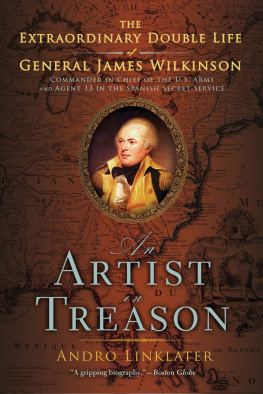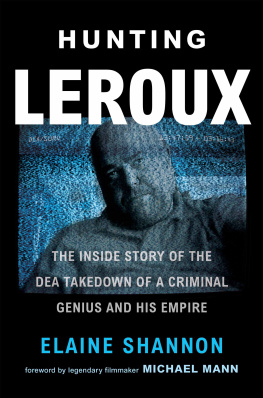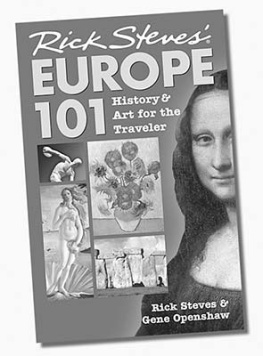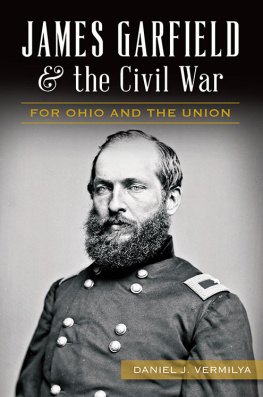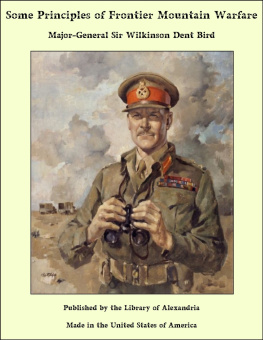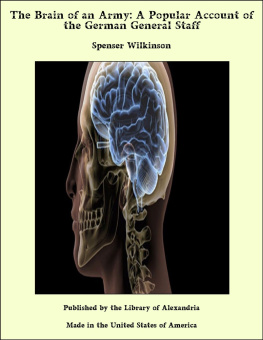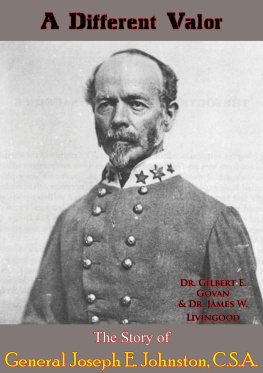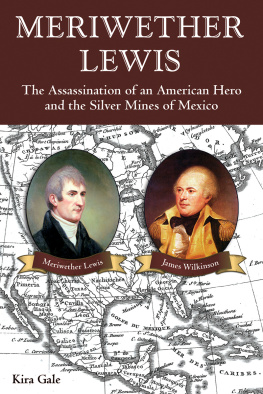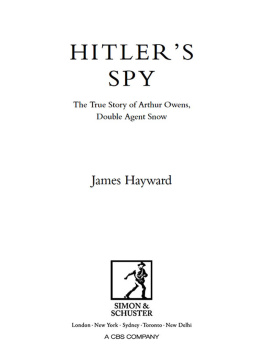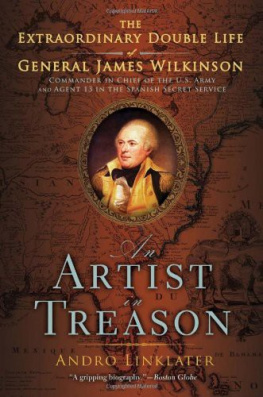AN ARTIST IN TREASON
The Extraordinary Double Life
of General James Wilkinson
ANDRO LINKLATER

Copyright 2009 by Andro Linklater
All rights reserved.
You may not copy, distribute, transmit, reproduce, or otherwise make available this publication (or any part of it) in any form, or by any means (including without limitation electronic, digital, optical, mechanical, photocopying, printing, recording, or otherwise), without the prior written permission of the publisher. Any person who does any unauthorized act in relation to this publication may be liable to criminal prosecution and civil claims for damages. For information address Bloomsbury USA, 1385 Broadway, New York, NY 10018.
Published by Bloomsbury USA, New York
Bloomsbury is a trademark of Bloomsbury Publishing Plc.
LIBRARY OF CONGRESS CATALOGING-IN-PUBLICATION DATA HAS BEEN APPLIED FOR.
First published by Walker & Company in 2009
This e-book edition published in 2010
eISBN: 978-0-80277-772-0
To find out more about our authors and books visit www.bloomsbury.com. Here you will find extracts, author interviews, details of forthcoming events and the option to sign up for our newsletters.
CONTENTS
Maps
INTRODUCTION
A TEST OF LOYALTY
Lieutenant Colonel Thomas Cushing, commanding officer of the Second Regiment, could remember precisely the moment when his general held the fate of the country in his hands. On the 8th of October 1806, I was sitting at the dining- table in my quarters at Natchitoches with general Wilkinson when a gentleman entered the room. The newcomer was a young New Yorker named Samuel Swartwout. His ostensible purpose in coming to the tiny settlement, situated on what was then the southwestern border of the United States, was to volunteer to serve in the forthcoming war with Spain. Since the two officers had been deployed to Natchitoches together with a force of twelve hundred troops in anticipation of such a war, Cushing found, as he said, nothing in Swartwouts explanation which could excite a suspicion against him.
The cause of the approaching hostilities was a dispute between the United States of America and His Catholic Majesty Carlos IV about the border between the Spanish province of Texas and the western extent of the Louisiana Purchase. Trouble had been brewing ever since France sold the vast territory to the United States in 1803. The quarrel now threatened to boil over. The Spanish had stationed more than one thousand troops in Nacogdoches in Texas and occupied positions on what the United States regarded as its territory. In response, President Thomas Jeffersons administration had ordered General James Wilkinson, commander of the U.S. army, to counteract the hostile views or obvious intentions of the invaders. Already on its way to Washington was Wilkinsons assurance that with the forces available I shall be able to drive our opponents before me and take Nacodoches.
It would be a popular war. People within the United States, and especially in the west, had a pent- up desire to attack their giant neighbor. In Tennessee and Kentucky, militia generals such as Andrew Jackson and John Adair had promised to lead thousands of citizen-soldiers into Spanish territory once the conflict began. All it required was the first shot to be fired and the first blood spilt.
Routine business called the colonel from his office, leaving Swartwout alone with the general. The next morning, Cushing recalled, I was walking on the gallery, in front of my quarters, when general Wilkinson came up, and taking me aside, informed me that he had something of a serious nature to communicate to me.
While the colonel was out of the room, Swartwout had handed the general a package that included a letter from former vice president Aaron Burr. It told Wilkinson, his old friend, of Burrs plan to seize New Orleans and use it as a base to attack Mexico. A great number of individuals possessing wealth, popularity and talents, Wilkinson informed Cushing, are, at this moment, associated for purposes inimical to the government of the United States: colonel Burr is at their head, and the young gentleman... is one of his emissaries. The letter explicitly stated that Wilkinson was to be regarded as Burrs lieutenant. It also made clear that the success of the conspiracy depended upon war with Spain. Until then, Cushing later explained, he had never heard of the Burr Conspiracy. He recalled that Wilkinson dismissed any suggestion of having collaborated with the former vice president. What the general wanted to discuss was the danger of giving Burr inadvertent help by attacking Nacogdoches.
War with Spain would force the army to fight on the frontier, leaving New Orleans defenseless. There would be nothing to stop Burr from seizing the city and putting into effect a project that might dismember the fragile United States. On the hand, if Wilkinson retreated to deal with Burr, the border would be left undefended. The generals choice would determine the future of the United States. Although the straightforward Cushing did not realize it, another, more secret outcome weighed equally heavily with the general. Whether he turned against Aaron Burr or helped him, James Wilkinson risked being exposed as a traitor himself.
Ever since 1797, James Wilkinson had been the senior general in the U.S. army. Throughout that period, he was also Agent 13 in the Spanish secret service. At a time when Spains empire dominated North America, occupying until 1803 an area three times that of the United States, General Wilkinson not only passed on his countrys strategic secrets, he sought to detach Kentucky from the Union and wrote detailed plans advising the Spanish authorities on the best way to prevent American expansion beyond the Mississippi. In the words of Frederick Jackson Turner, Wilkinson was the most consummate artist in treason the nation has ever possessed.
That evocative description aptly conveys the reputation that Wilkinson enjoys today. Yet one aspect of his career as a secret agent should make one pause. It was hardly secret at all. For most his life, he was repeatedly referred to as a Spanish pensioner. Letters were sent to the first four presidents warning of his activities. Numerous pamphlets were printed accusing him of being a traitor. In Kentucky an entire newspaper, the Western World, was devoted to exposing him. Accusations of collusion were made by congressmen of every political persuasion. Nor were these charges overlooked. Presidents George Washington, John Adams, Thomas Jefferson, and James Madison, together with half a dozen different secretaries of war, not to mention a score of their cabinet colleagues, were all aware of his close contacts with the Spanish authorities in New Orleans and Madrid. No fewer than four official inquiries were mounted into the allegations against the general.
It is impossible to disguise the unease that treachery arouses. To excuse it is to risk losing sight of one of the yardsticks love of country by which moral living is measured. Yet one administration after another chose to confirm Wilkinson in command of the U.S. army. Unless a collective blindness was at work, his political contemporaries found in him some other quality that outweighed suspicions about his loyalty.
What makes the story of James Wilkinsons double life truly compelling is the light that it casts upon the early years of the United States. The federal union was newly knit, and its government untested. Its very identity was more tenuous than seems imaginable today. There was no certainty that the experiment in democracy would take hold, no inevitability about the survival of liberty, no guarantee about the growth of power and territory. Failure threatened every political choice.
Next page
